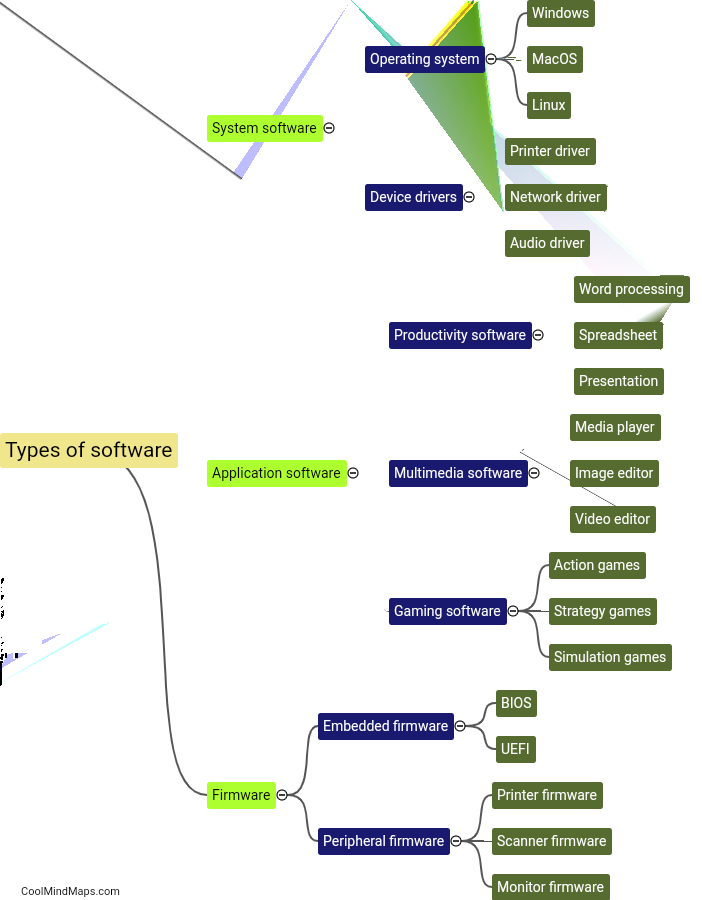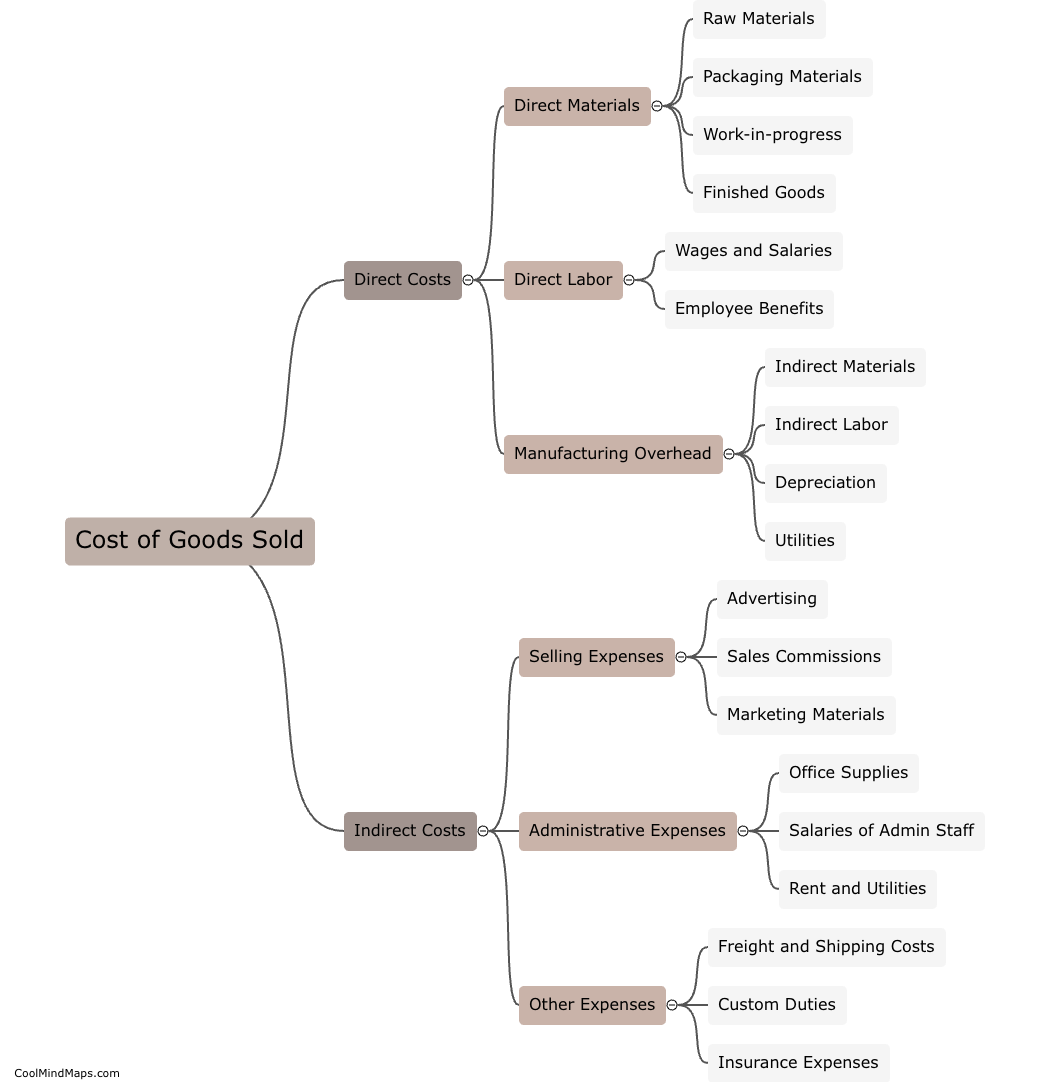How does dysregulation of TNFα lead to overexpression of IFNα?
Dysregulation of TNFα (tumor necrosis factor alpha) can lead to overexpression of IFNα (interferon alpha) through various pathways. TNFα, a pro-inflammatory cytokine, is involved in immune responses and plays a critical role in regulating the balance between immune activation and suppression. When dysregulated, TNFα can trigger the activation of immune cells, such as dendritic cells and macrophages, to produce excessive amounts of IFNα. This can occur through the activation of downstream signaling pathways, such as the JAK/STAT pathway, which result in the transcription and release of IFNα. Additionally, TNFα can stimulate the production of other cytokines, such as IL-6 and IL-1β, that further contribute to the dysregulation of the immune system and promote the overexpression of IFNα. The dysregulated production of IFNα can have detrimental effects on immune function and lead to various autoimmune conditions and chronic inflammation.

This mind map was published on 12 July 2023 and has been viewed 272 times.











